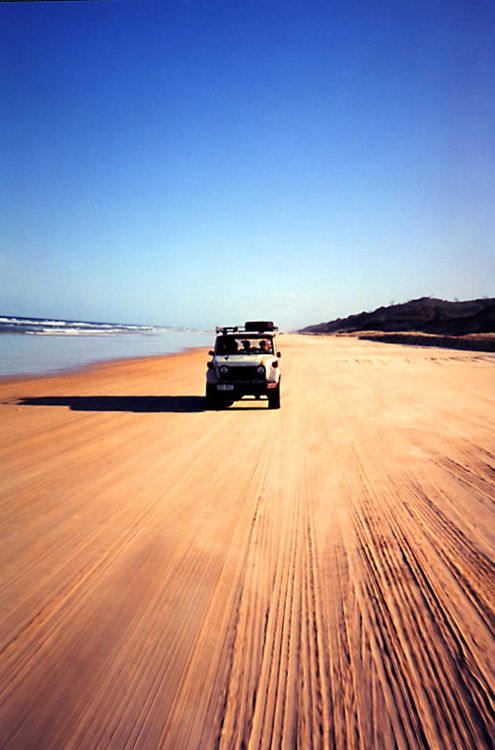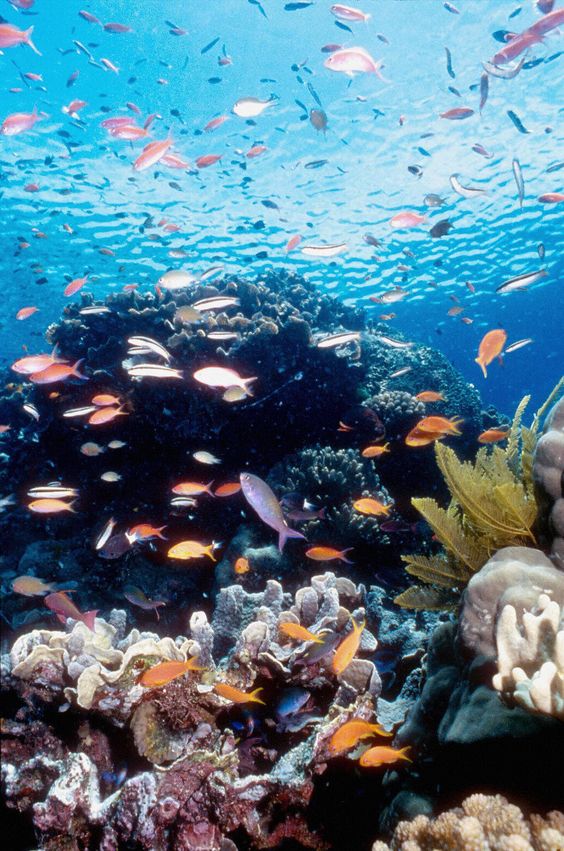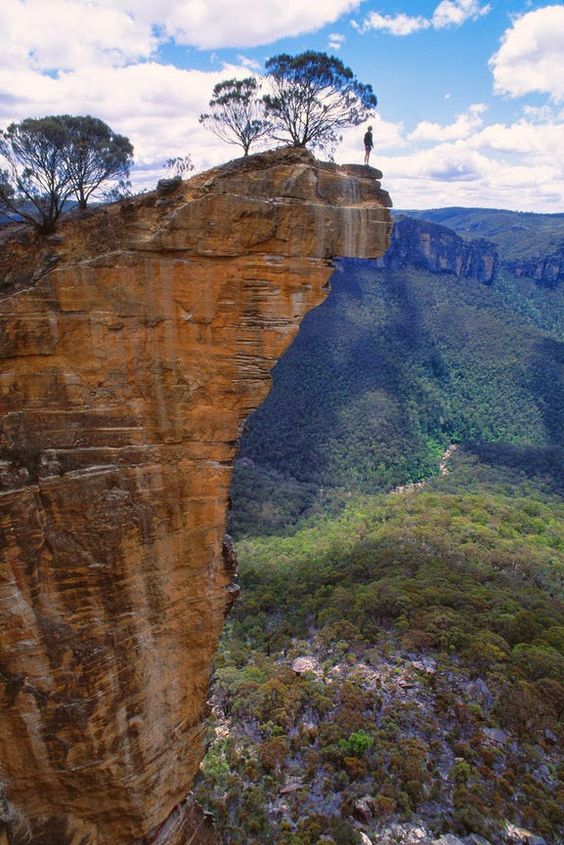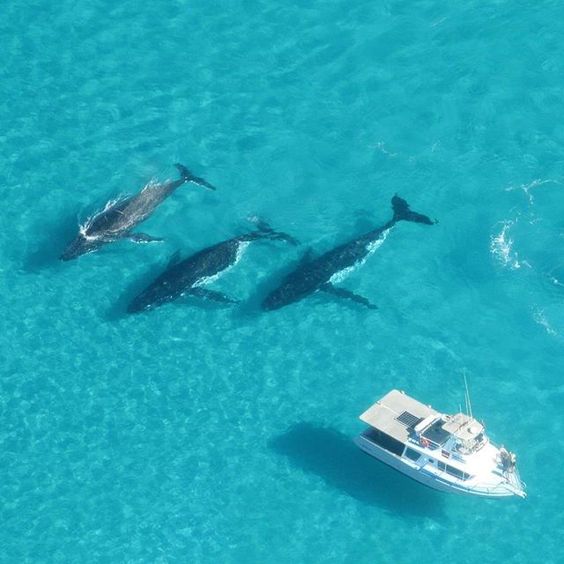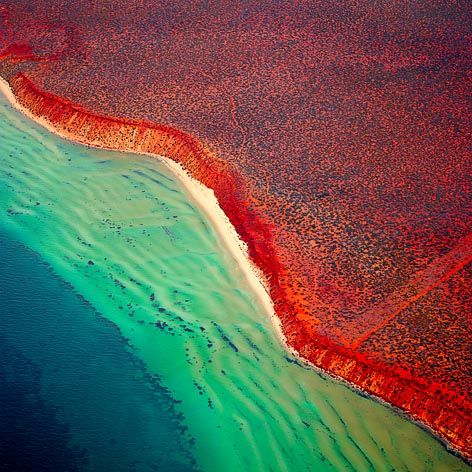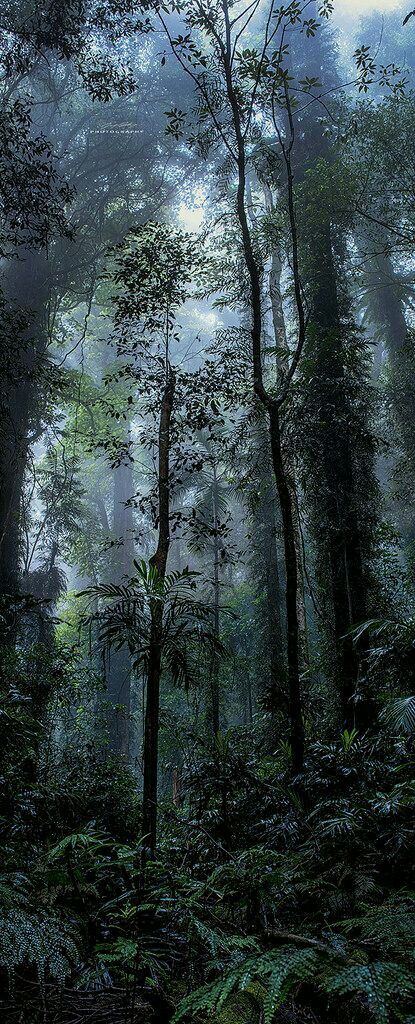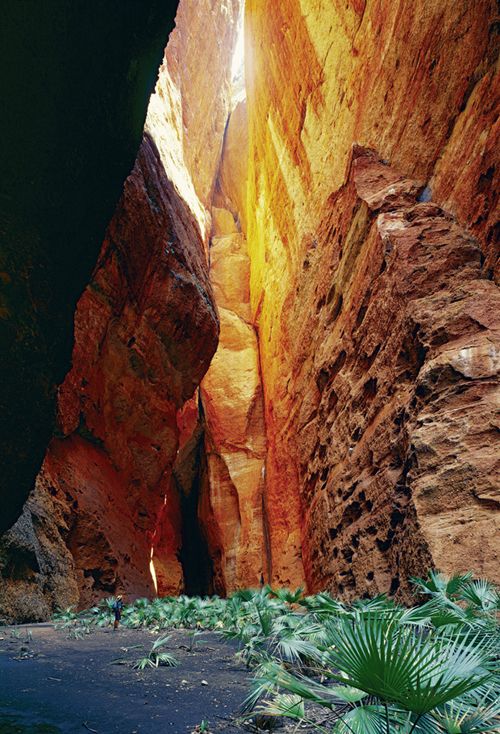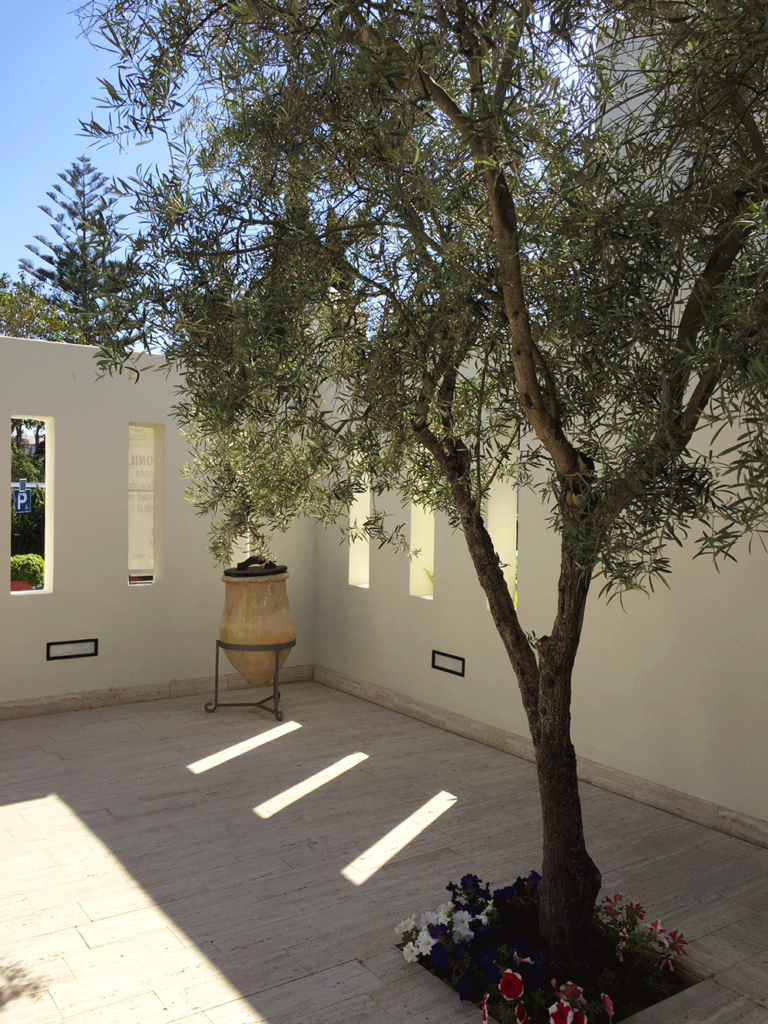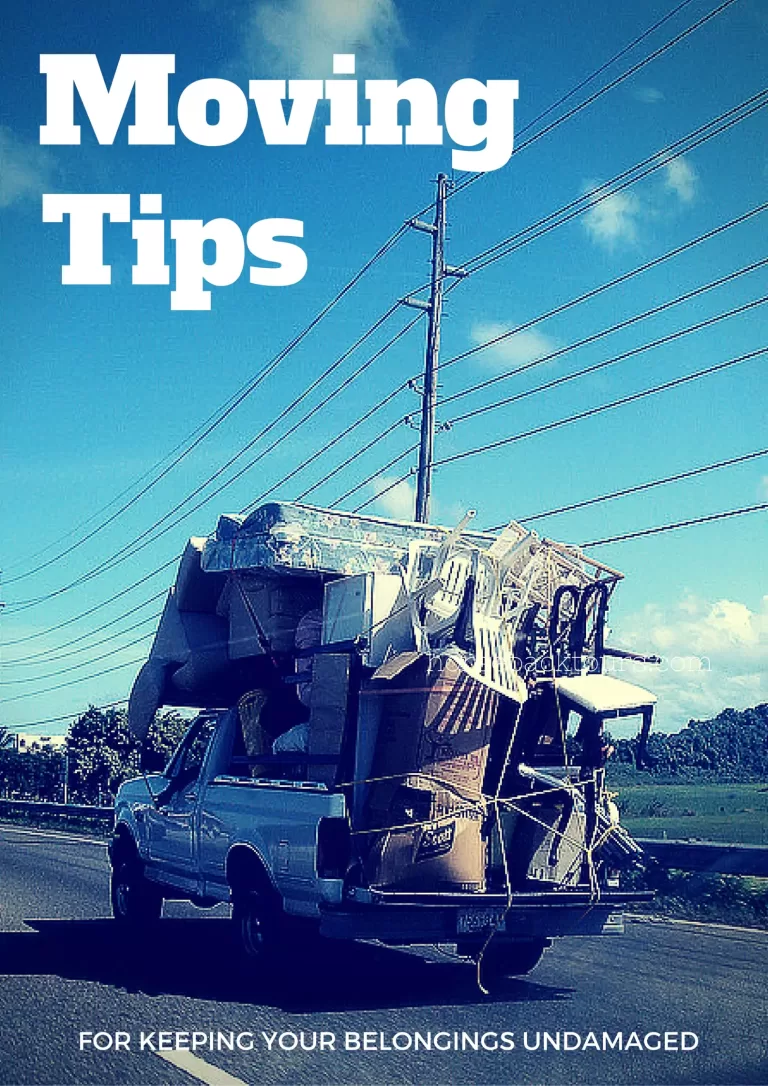The 9 World Heritage Sites In Australia You Need To Visit
There are currently 1,073 World Heritage sites in the world, and for a site to earn its place of on this prestigious list it must be considered to have sublime natural beauty or be outstanding in its universal historical, scientific of cultural value.
Australia has 19 world heritage listed sites: 3 cultural sites; 12 natural sites (9 on land and 3 of-shore); and 4 mixed. We have listed the 9 natural sites of exquisite beauty located on-shore that you should definitely visit if you’re in Australia.
-
Fraser Island
Fraser Island is one of Australia’s natural treasures and is the world’s largest sand island. Situated just off the east coast of Hervey Bay in Queensland, it is a 122km stretch of tropical rainforest, sand dunes and freshwater lakes. Visitors can relax on 75 Mile Beach, fish in one of the 100 lakes, including Lake Wabby and Lake McKenzie, or join a guided tour to the famous Maheno shipwreck.
-
Great Barrier Reef
The Great Barrier Reef is, without a doubt, one of the most beautiful places on Earth. It is in northeastern Australia off the coast of Queensland and is a 2,300km-long ecosystem visible from space. It is home to hundreds of islands, thousands of reefs, hundreds of types of corals as well as countless different species of fish, turtles, sharks, dolphins and mollusks.
-
Greater Blue Mountains Area
This World Heritage Site is located in the Blue Mountains of New South Wales (covering 2,551,730 acres of land) and is comprised of cliffs, tablelands, valleys, lakes, and rivers. The mountain region fringes the metropolitan area of Sydney and is so named because of the color it looks from afar. There are countless walking tours that you can embark on in the Blue Mountains, that take you to some of the most spectacular viewing points.
-
Ningaloo Coast
Ningaloo Coast is a coral reef in the north-west region of Western Australia that encompasses over 5,000 square kilometers of ocean. It is home to some of the world’s most beautiful marine life, and with scuba diving tours you can experience swimming with humpback whales, whale sharks and manta rays.
-
Shark Bay
Shark Bay in Western Australia was the first World Heritage-listed area in Australia (granted in 1991), and earned its status because of its vast marine life – dolphins; dugongs (sea-cows); manta rays; and whales. It is also home to Monkey Mia beach, stromatolites in Hamelin Pool, Shell Beach and Francois Peron National Park. To experience the wonders it beholds, and to find accommodation in Shark Bay, visit https://sharkbay.org.
-
Gondwana Rainforests of Australia
Gondwana Rainforests (previously known as the Central Eastern Rainforest Reserves) are comprised of 50 separate reserves – the most wide-ranging area of subtropical rainforest in the entire world, totaling 906,00 acres. The reserves span from Newcastle in New South Wales to Brisbane in Queensland and are where plants and animals remain unchanged from their primitive times.
-
Wet Tropics of Queensland
The Wet Tropics of Queensland stretches across the northeastern coast of Australia, from Townsville to Cairns in Queensland. It lines the coast like a long green ribbon, and it is considered a natural wonder because of its phenomenal landscape and tropical rainforest, encompassing approximately 22,101,60 acres of land.
-
Purnululu National Park
Located in the East Kimberley region of Western Australia is The Purnululu National Park – one of Australia’s best-loved sites. It is famous for the Bungle Bungle Range – a collection of black and orange sandstone domes which sit 578 meters above sea level that have been eroded over a period of 20 million years.
Riversleigh and Naracoorte – located in the far north and the far south of Australia respectively – are fossil sites that are among the 10 of the world’s most fascinating.


